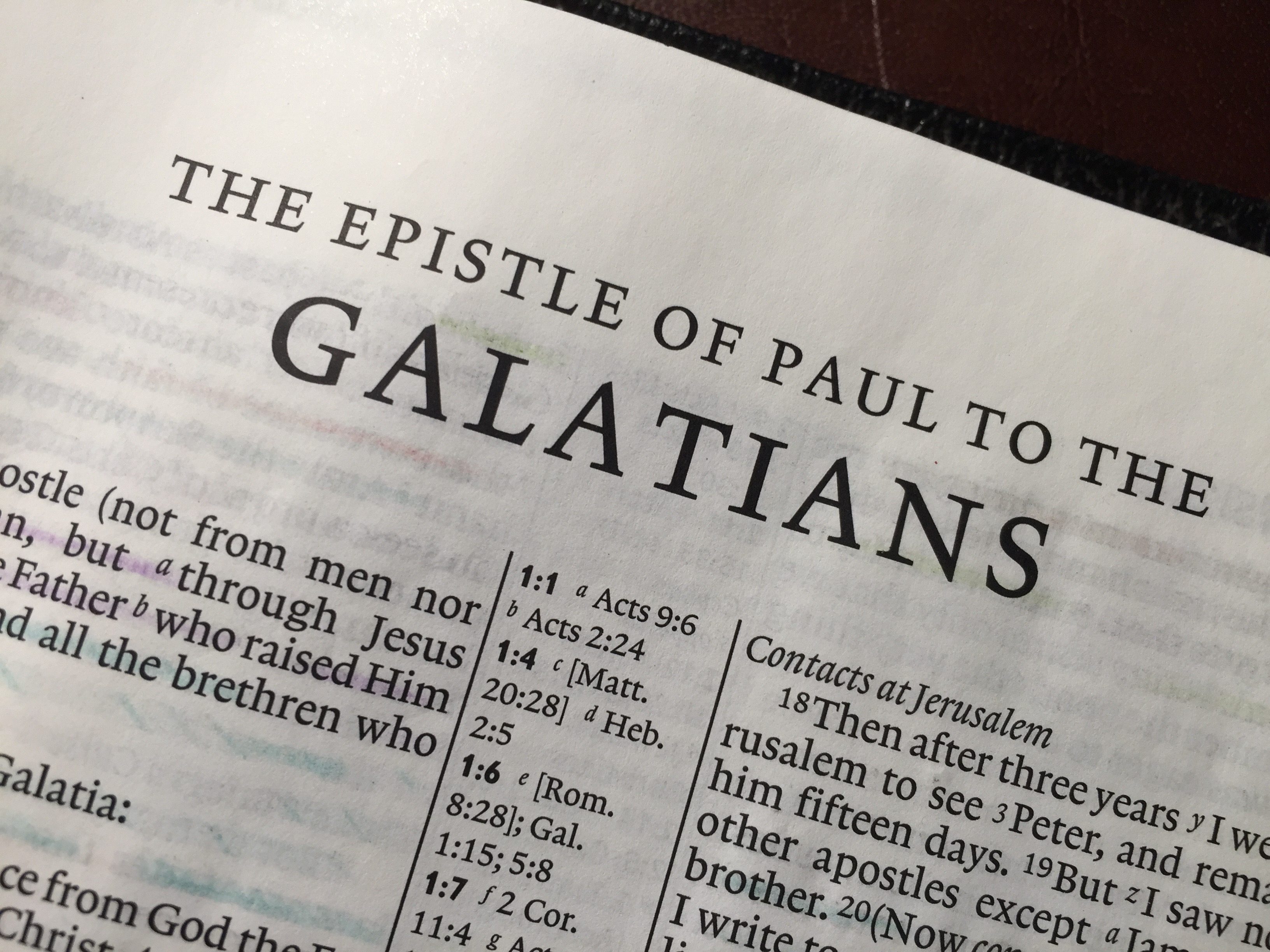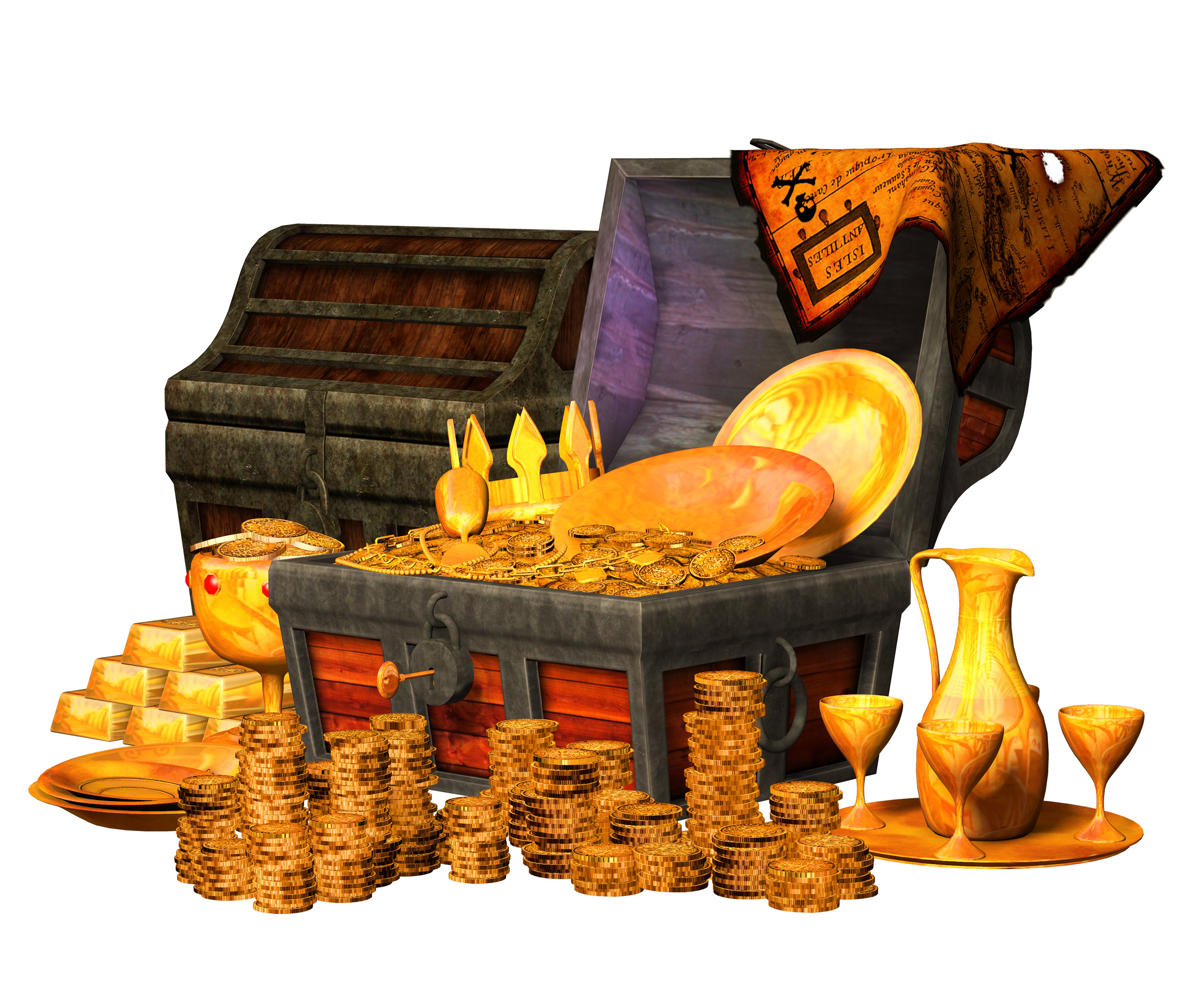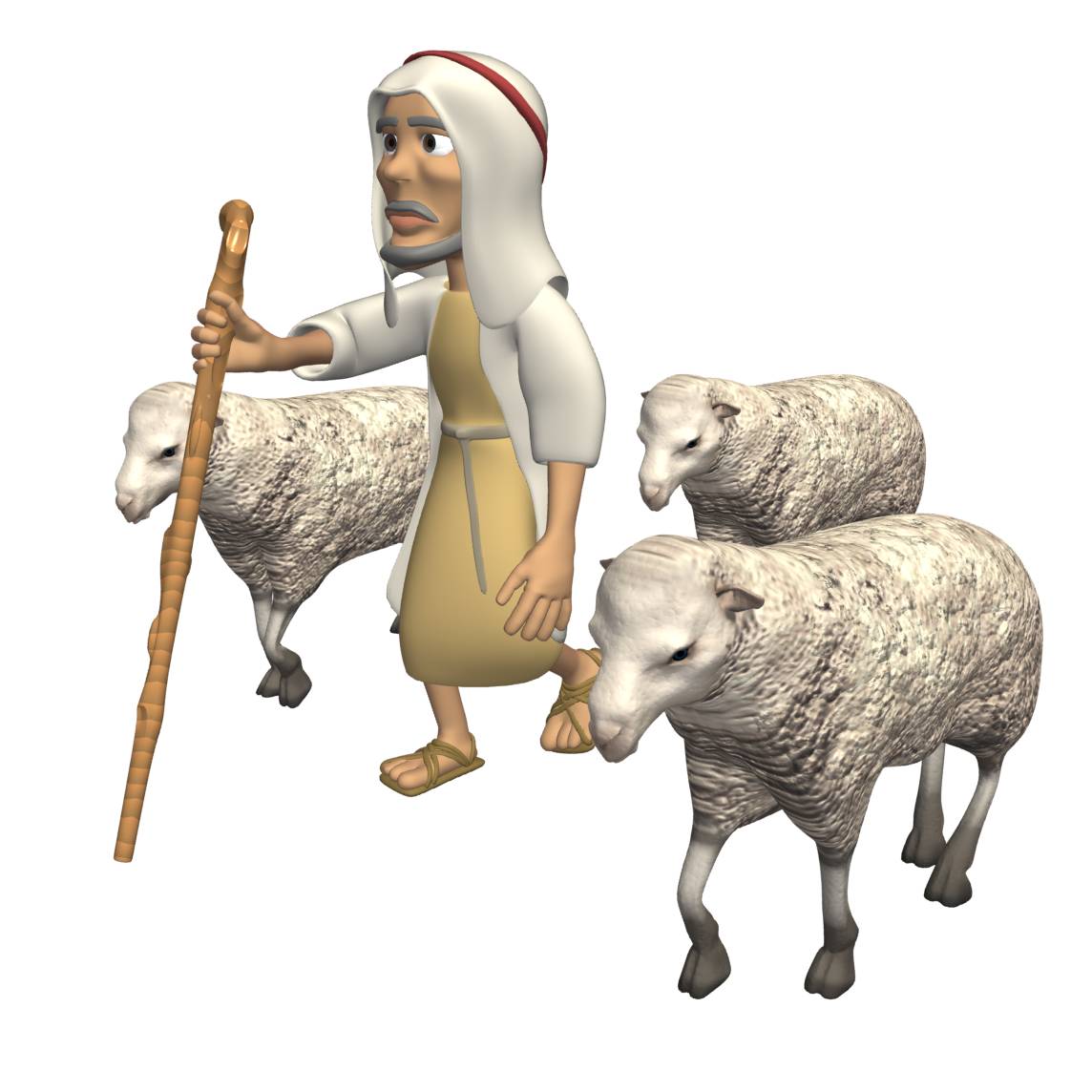Gal 4:1–5, When we were in the world, we were spiritual slaves to the elements (rudiments or principles) of the world. As worldly sinners (Torah violators, 1 John 3:4), we came under the death penalty, for the wages of sin is death (Rom 6:23). We needed the Torah as a guardian or steward to tell us what sin was and to lead us to repentance and to the Messiah, who came to redeem us from being under the curse or penalty for violating the law, which is sin. This is him showing sinners his grace. If, as the mainstream church teaches, Yeshua came to set us free from the law, so that we no longer have to obey the law, then we are turning the grace of Elohim into lasciviousness (lewdness, licentiousness or licence to sin or to violate the Torah), which as Jude says, only ungodly men do (Jude 4). Or as Paul asks in Romans, do we make the law void through grace? Elohim forbid, may it never be, is his response (Rom 3:31).
Gal 4:8–20, This passage is difficult to understand. Are the “weak and beggarly elements” (v. 9) speaking about “the elements, rudiments or principles of the world” to which Paul makes reference earlier (in v. 3) and to which the Gentiles had been in bondage (v. 3) before coming to salvation—before they knew Elohim (vv. 8–9)? Or are the “weak and beggarly elements” referring to the Torah? The latter interpretation is what the mainstream church teaches; however, this doesn’t seem to be what Paul is saying here. How could the Gentiles return again to something they never had in the first place—which they had done “when you did not know Elohim” as Paul states in verse 8? They never had the Torah before coming to faith in Messiah. They did, however follow the pagan, Torahless customs of the world. This is what the “weak and beggarly elements” are. Not the Torah!
Gal 4:10, Are these days, months seasons and years referring to pagan holidays and observances, which are aspects of the weak and beggarly elements of pagan worship? If so, why should we think it strange that the Galatian believers were still observing pagan holidays? In our day, hasn’t the mainstream church replaced YHVH’s feasts and Sabbath with pagan festivals? On the other hand, the mainstream church teaches that in this verse not only is Paul referring to the biblical feasts and Sabbath, but that he is here abrogating the biblical Sabbath and feasts. Is this the case? If Paul is referring to the biblical feasts and Sabbath, let’s bring into this discussion 1 Corinthians 13—the Bible’s well-known “Love Chapter.” There Paul states that without love, everything a saint does is merely a clanging gong and tinkling cymbal to YHVH. In other words, it means nothing to YHVH. Similarly, if we obey the Torah out of Continue reading





